Career after Search Engine Optimization

Unlock may opportunities in Your Career after Search Engine Optimization (SEO) in digital marketing, content strategy, data analysis, and more. Discover how your SEO expertise can lead to fulfilling roles in marketing management, consultancy, or entrepreneurship. Let your SEO skills be the launchpad to a diverse and rewarding career landscape. The ultimate goal of your career after search engine optimization (SEO) is to increase organic traffic to a website by improving its ranking for relevant search queries. SEO remains a critical digital marketing strategy for enhancing online visibility, driving organic traffic, and achieving various business goals. It’s a dynamic field that requires continuous adaptation to changes in search engine algorithms and user behaviors. If you want to make your career after search engine optimization. Then you’re welcome to our Global Institute of Computer Technology (GICT) Institute.
Popular Path of Career After Search Engine Optimization
Here are 10 popular roles and career paths for new and experienced professionals looking to take the next step in their SEO careers.
1) SEO Specialist Career after Search Engine Optimization:
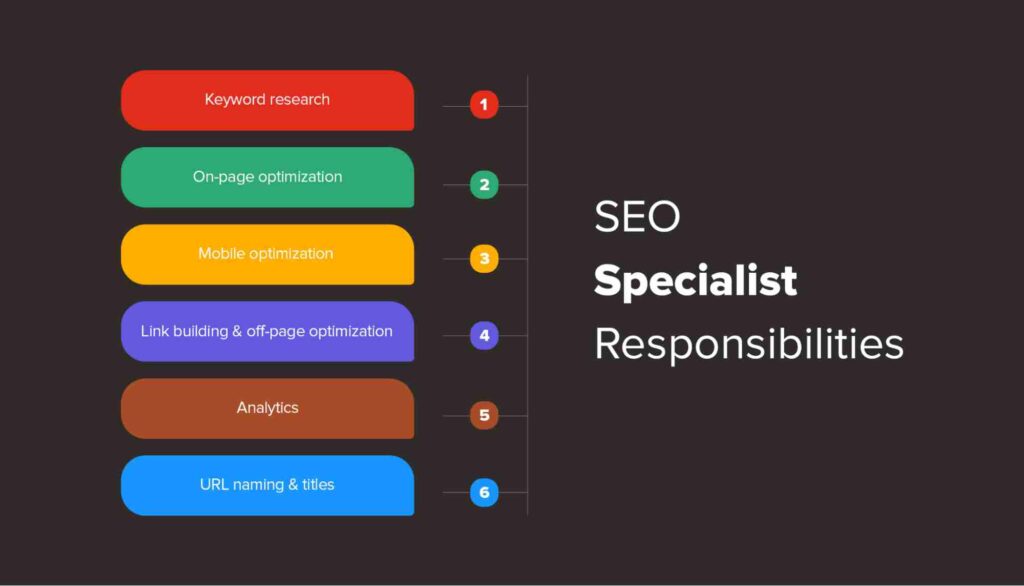
The SEO specialist ensures on-page optimization to produce relevant search results. And a positive user experience, growing site traffic, lead volume, and brand awareness. A search engine optimization (SEO) specialist improves website traffic rankings on major search engines like Google and Microsoft Bing. An SEO specialist in India earns around around 5 Lakhs per year. In US, the salary is around $56,000. An SEO specialist Creates high-quality, engaging, and optimized content that satisfies user and aligns with SEO best practices. A SEO Specialist plays a critical role in helping websites rank higher in search engine results and attract organic traffic.
Some Key Responsibilities of an SEO Specialist
Keyword Research: They Conducting thorough keyword research to identify relevant terms and phrases that users are searching for in search engines.
On-Page Optimization: They Optimize website content, Which includes meta tags, headings, and internal linking structure, to align with targeted keywords.
Technical SEO: They Address technical aspects of a website to ensure it is crawlable and indexable by search engines. It including optimizing site speed, fixing broken links, and implementing schema markup.
Content Optimization: SEO Specialist Creates high-quality, engaging, and optimized content that satisfies user intent and aligns with SEO best practices.
Link Building: Building quality backlinks from authoritative websites to improve the website’s authority and credibility in the eyes of search engines.
2) Content Strategist Career after Search Engine Optimization:
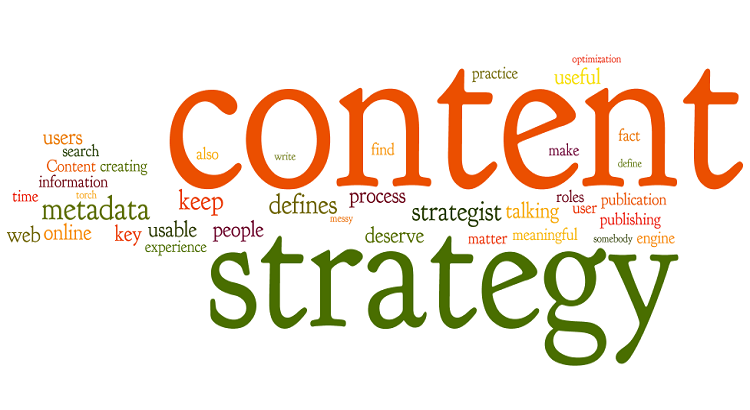
A Content Strategist is responsible in digital Marketing for developing and executing strategies to create, manage, and optimize content across various digital platforms. Their role is to aim at maximizing the effectiveness of content in achieving business goals and engaging target audiences. Content strategy means getting the right content, to the right people, in the right place, at the right time. Content strategy is an integrated set of user-centered, goal-driven choices about content throughout its lifecycle.
Some Key Responsibilities of a Content Strategist
Content Planning: They Collaborate with stakeholders to define content goals, target audience personas, and messaging priorities. And Developing content calendars and schedules to ensure timely delivery of relevant content.
Audience Research: They Conduct thorough research to understand target audience demographics, interests, and pain points. They are Using insights to tailor content strategies and messaging to resonate with the intended audience.
Content Creation: Overseeing the creation of high-quality, engaging content across different formats. Such as articles, blog posts, videos, infographics, and social media posts. They Ensure consistency in brand voice, tone, and messaging.
SEO Integration: Working closely with SEO specialists to optimize content for search engines. By incorporating relevant keywords, meta tags, and on-page optimization techniques.
Content Distribution: Developing distribution plans to effectively promote content across various channels. Which includes websites, social media platforms, email newsletters, and third-party publications.
3) Technical SEO Manager Career after Search Engine Optimization:
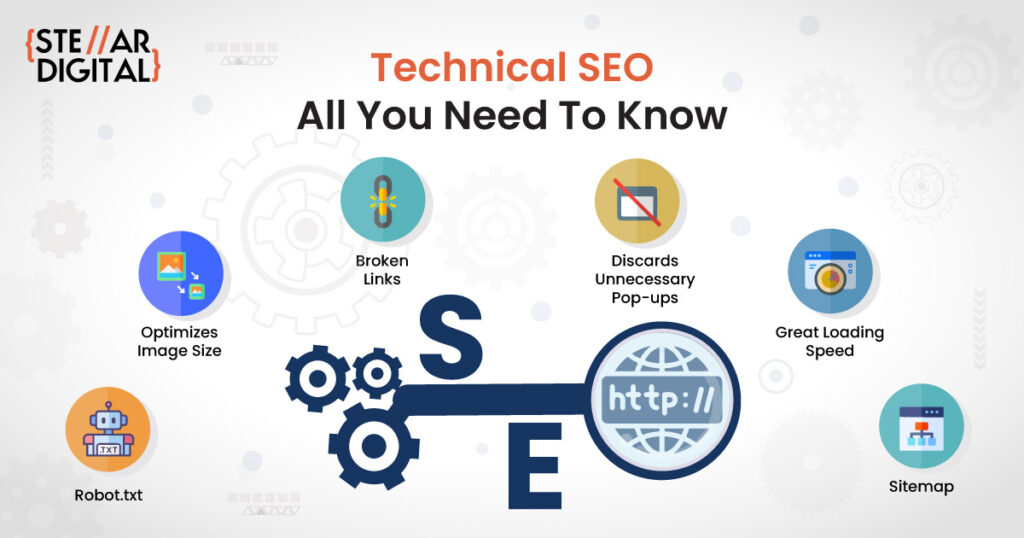
A Technical SEO Manager is responsible for optimizing the technical aspects of a website to improve its visibility and performance in search engine results pages (SERPs). Their role involves a deep understanding of search engine algorithms, website architecture, and technical SEO best practices. Technical SEO Manager plays a Important role in improving website visibility, search rankings, and user experience through the implementation of technical SEO best practices and ongoing optimization efforts.
Some Key Responsibilities of a Technical SEO Manager
Technical Optimization: They Implement technical SEO to optimize website structure, HTML markup, and server configurations. This includes optimizing meta tags, headings, schema markup, and XML sitemaps.
Site Architecture: They Collaborate with web developers and designers to ensure an optimal site structure that facilitates easy navigation, logical hierarchy, and efficient crawling by search engine bots.
Performance Monitoring: Monitoring website performance using tools like Google Search Console, Bing Webmaster Tools. And third-party SEO platforms to track key metrics such as indexing status, crawl errors, and search visibility.
Site Speed Optimization: Improving website loading speed by optimizing code, compressing images, leveraging browser caching, and minimizing server response times to enhance user experience and search engine rankings.
Mobile Optimization: Ensuring that websites are optimized for mobile devices by implementing responsive design, optimizing viewport settings, and addressing mobile-specific issues to comply with Google’s mobile-first indexing.
4) Local SEO Specialist Career after Search Engine Optimization:

A Local SEO Specialist focuses on optimizing a business’s online presence to improve its visibility in local search results, particularly for location-based queries. Their role involves implementing strategies to help businesses attract more local customers and drive foot traffic to physical locations. . They manage local citations, Google My Business profiles, and ensure consistent NAP (Name, Address, Phone Number) data.
Some Key Responsibilities of an Local SEO Specialist
Local Keyword Research: Conducting research to identify relevant keywords with local intent. Such as “near me” searches, and optimizing website content accordingly.
Google My Business Optimization: Creating and optimizing Google My Business (GMB) listings for each business location. Which include accurate business information, categories, photos, and customer reviews.
Local Citations and Directories: Building and managing citations on local directories, review sites, and industry-specific platforms to improve local search visibility.
Location Pages Optimization: They Optimize location pages on the website with localized content. Which includes business hours, contact information, directions, and unique offerings for each location.
NAP Consistency: They Ensuring consistency of business Name, Address, and Phone Number (NAP) across all online platforms, directories, and citations. To build trust and authority with search engines.
5) Link Building Specialist Career after Search Engine Optimization:

A Link Building Specialist focuses on acquiring high-quality backlinks from authoritative and relevant websites to improve a website’s search engine rankings and organic visibility. They play a crucial role in improving a website’s authority, trustworthiness, and search engine rankings through strategic link. They build relationships with other websites, perform outreach, and execute strategies to secure valuable backlinks.
Some Key Responsibilities of a Link Building Specialist
Link Building Strategy Development: They focus on comprehensive link building strategies tailored to the specific needs and goals of the website or business. This involves identifying target audiences, analyzing competitors’ backlink profiles, and determe the most effective tactics for acquiring quality backlinks.
Prospecting and Outreach: They Identify potential link building opportunities through prospecting tools, competitor analysis, and industry research. They Conduct outreach campaigns to website owners, bloggers, journalists, and influencers to secure backlinks through guest posting, resource pages, interviews, and collaborations.
Content Creation: They Generate high-quality, link-worthy content that provides value to target audience and attracts natural backlinks from authoritative websites. This may include blog posts, articles, infographics, case studies, videos, and interactive content.
Link Quality Assurance: They Evaluate the quality and relevance of potential backlink opportunities to ensure they align with Google’s guidelines and best practices. This includes assessing domain authority, page authority, relevance, anchor text usage, and overall website credibility.
Link Monitoring and Maintenance: They Monitor the status of acquired backlinks to ensure they remain active and relevant over time. Addressing any issues such as broken links, lost backlinks, or changes in anchor text to maintain a healthy backlink profile.
6) SEO Consultant Career after Search Engine Engine Optimization:
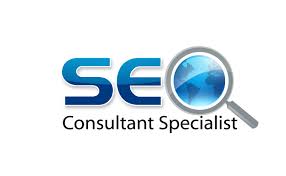
An SEO Consultant is a professional who provides expert advice, guidance, and solutions to businesses or individuals seeking to improve their search engine visibility and online presence. They analyze websites, develop customized strategies, and offer guidance on implementing effective SEO practices.
Some Key Responsibilities of an SEO Consultant
Website Audit and Analysis: They Conduct audits of websites to assess their current SEO status, identifying strengths, weaknesses, and areas for improvement. Analyzing factors such as site structure, content quality, keyword usage, backlink profile, and technical issues.
Strategy Development: They Develop tailored SEO strategies and action plans based on the findings of the website audit and the specific goals and objectives of the client. This involves defining target keywords, outlining on-page and off-page optimization tactics, and setting measurable goals.
Keyword Research: SEO Consultant focuses on in-depth keyword research to identify relevant search terms and phrases that potential customers are using to find products or services in the client’s industry. Prioritizing keywords based on search volume, competition, and relevance to the target audience.
- On-Page Optimization: They Optimize website content, meta tags, headings, and internal linking structure to improve relevance and visibility for target keywords. Implementing best practices for title tags, meta descriptions, URL structure, and schema markup.
- Off-Page Optimization: They Develop strategies to acquire high-quality backlinks from authoritative and relevant websites. To improve the client’s website authority and credibility in the eyes of search engines. This may involve outreach, content marketing, digital PR, and link building tactics.
- Technical SEO: Addressing technical aspects of website optimization to ensure crawlability, indexability, and accessibility for search engine bots. This includes optimizing site speed, fixing crawl errors, implementing redirects, and managing XML sitemaps.


